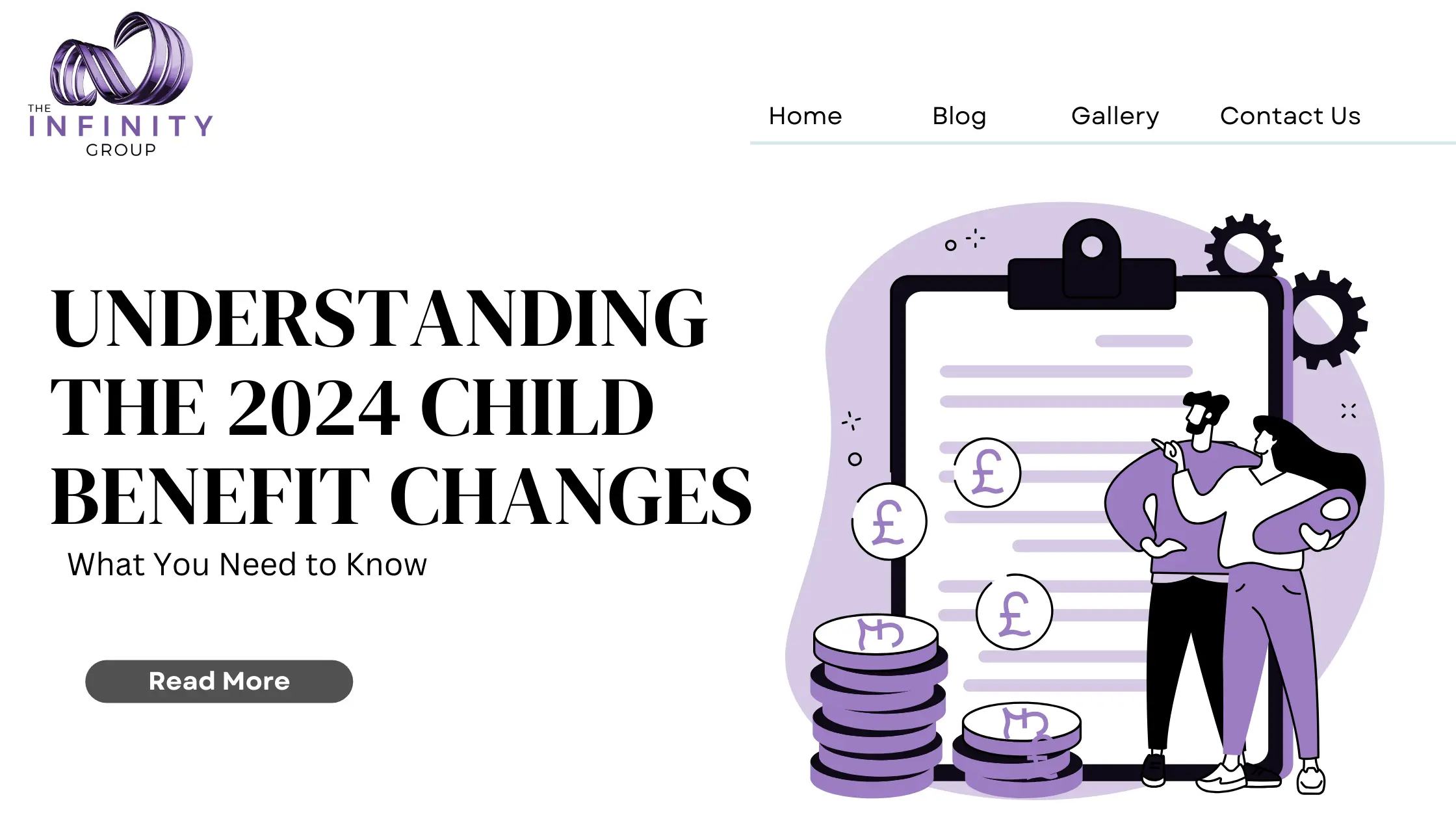As of April 6, 2024, families across the UK are set to receive increased Child Benefit payments, marking a significant update in support for millions of households. HM Revenue and Customs (HMRC) has confirmed these changes, providing valuable insights into how families can benefit and what adjustments they might need to make. Let’s delve into the key details of these updates and what they mean for parents and guardians.
Increased Benefit Rates:
Families claiming Child Benefit will see a boost in their payments starting April 6, 2024. Here’s a breakdown of the new rates:
- For families with one child, the annual payment will increase to £1,331, up by £83.20.
- Additional children will garner an annual increase of £54.60, reaching up to £881 a year per child.
- The weekly payment for the first or only child will be £25.60, and for each additional child, it will be £16.95.
These adjustments aim to alleviate financial pressures on families and provide more substantial support for raising children.
Income Thresholds and High Income Child Benefit Charge (HICBC):
One significant change relates to the income thresholds for the High Income Child Benefit Charge (HICBC). Previously, individuals earning £50,000 or more annually were liable to pay this charge if they or their partner received Child Benefit. However, as of April 6, 2024, families where the highest earner has a salary of up to £60,000 a year will not be subject to the HICBC.
For those earning between £60,000 and £80,000, the Child Benefit entitlement will be reduced as income increases within this range. If an individual’s income exceeds £80,000, the HICBC will be equal to the Child Benefit payment.
It’s essential for parents to understand these thresholds, as they determine whether they will be subject to the HICBC and the amount they are entitled to receive in Child Benefit.
Claiming and Opting Out:
Families with ongoing Child Benefit claims do not need to contact HMRC, as the increased benefit payments will continue to be deposited directly into their bank accounts. However, parents with newborns are encouraged to make a claim online as soon as possible. Claimants can receive their first payment in as little as three days, and claims can be backdated by a maximum of three months.
Moreover, parents have the option to opt out of receiving Child Benefit payments if they wish to avoid the HICBC while still receiving National Insurance credits if one parent is not working.
Important Considerations:
For parents with an income above £50,000 who wish to reinstate their Child Benefit, it’s crucial to note that HICBC charges may apply if payments are started in the 2023 to 2024 tax year. However, for new claimants applying on or after April 6, 2024, the HICBC liability will be based on the updated income thresholds for the 2024 to 2025 tax year.
In summary, the 2024 Child Benefit changes offer increased support for families while introducing updated income thresholds for the HICBC. Understanding these adjustments is essential for parents to make informed decisions regarding their Child Benefit claims and potential liabilities.
By staying informed and proactive, families can maximise the benefits available to them and ensure the well-being of their children is adequately supported.

